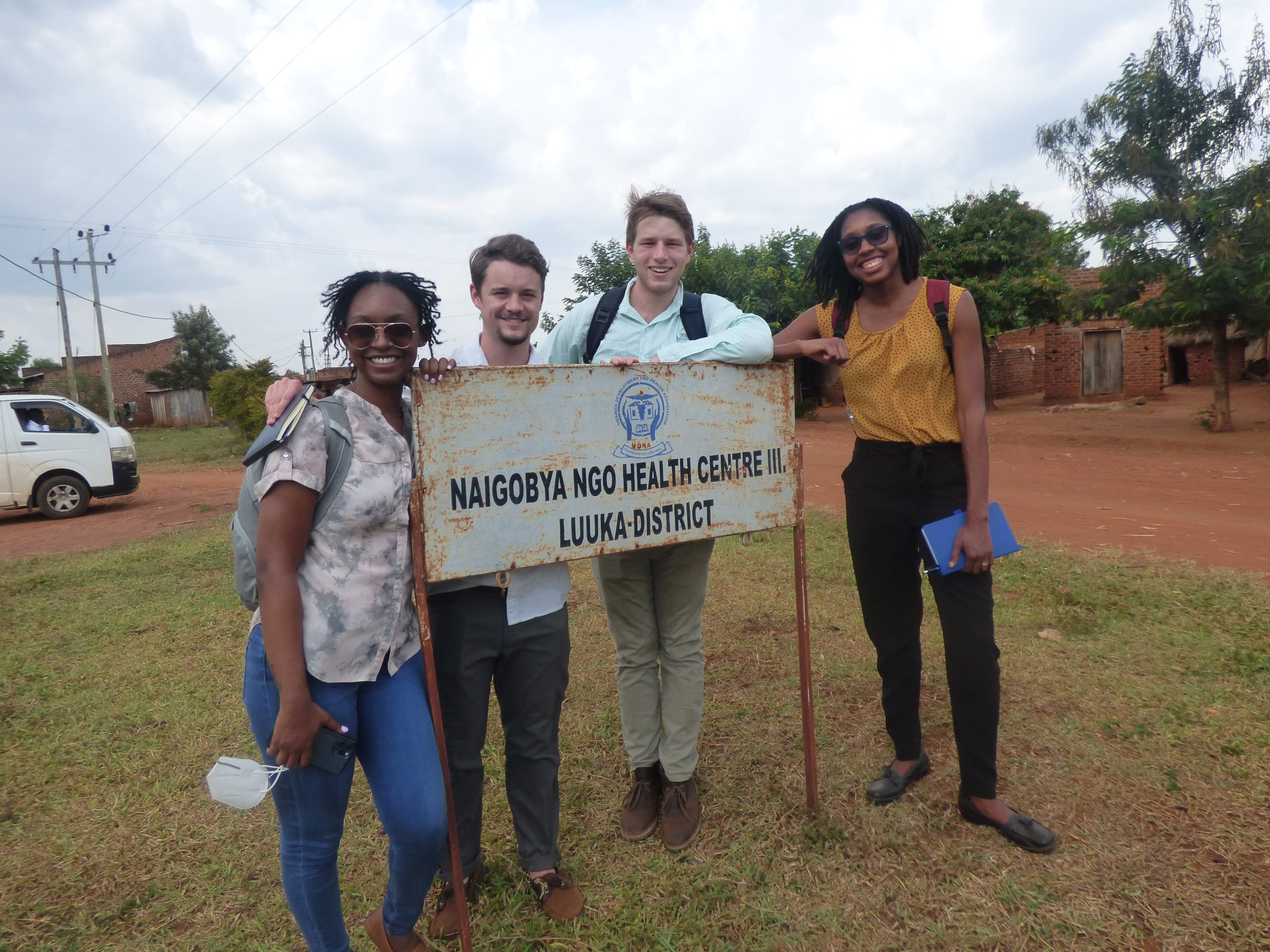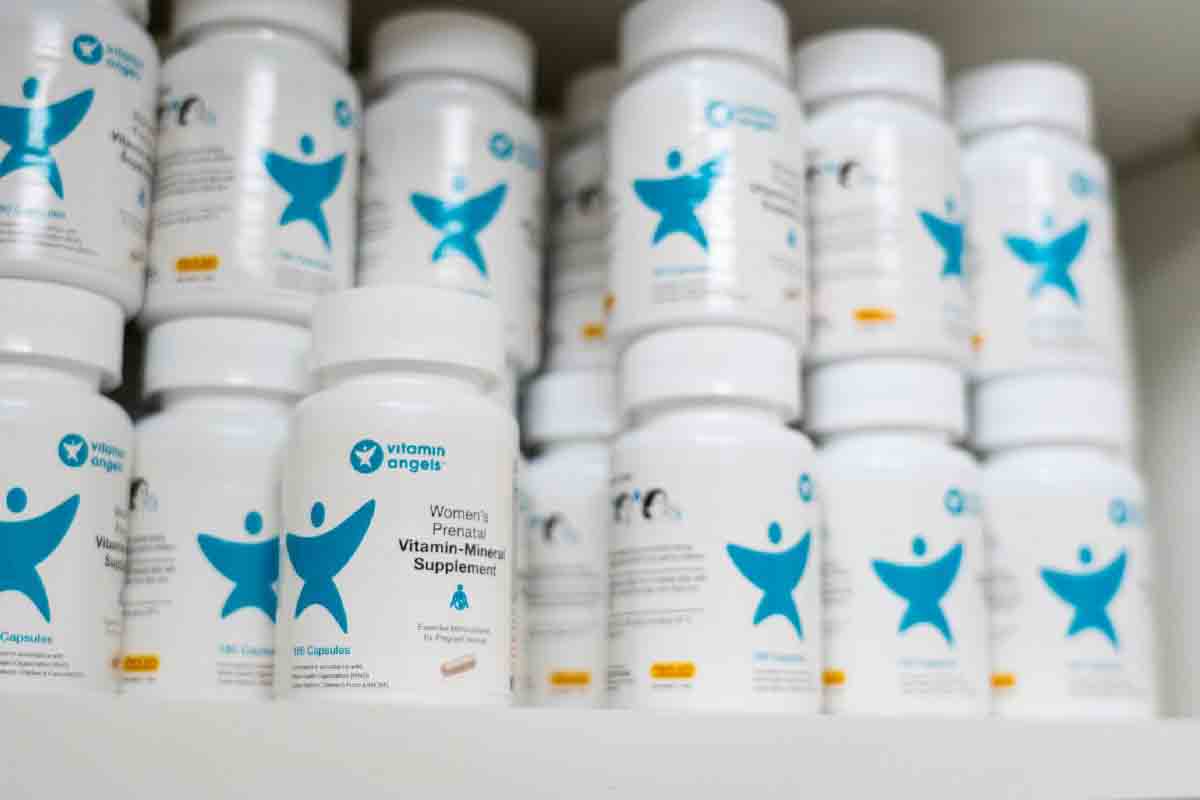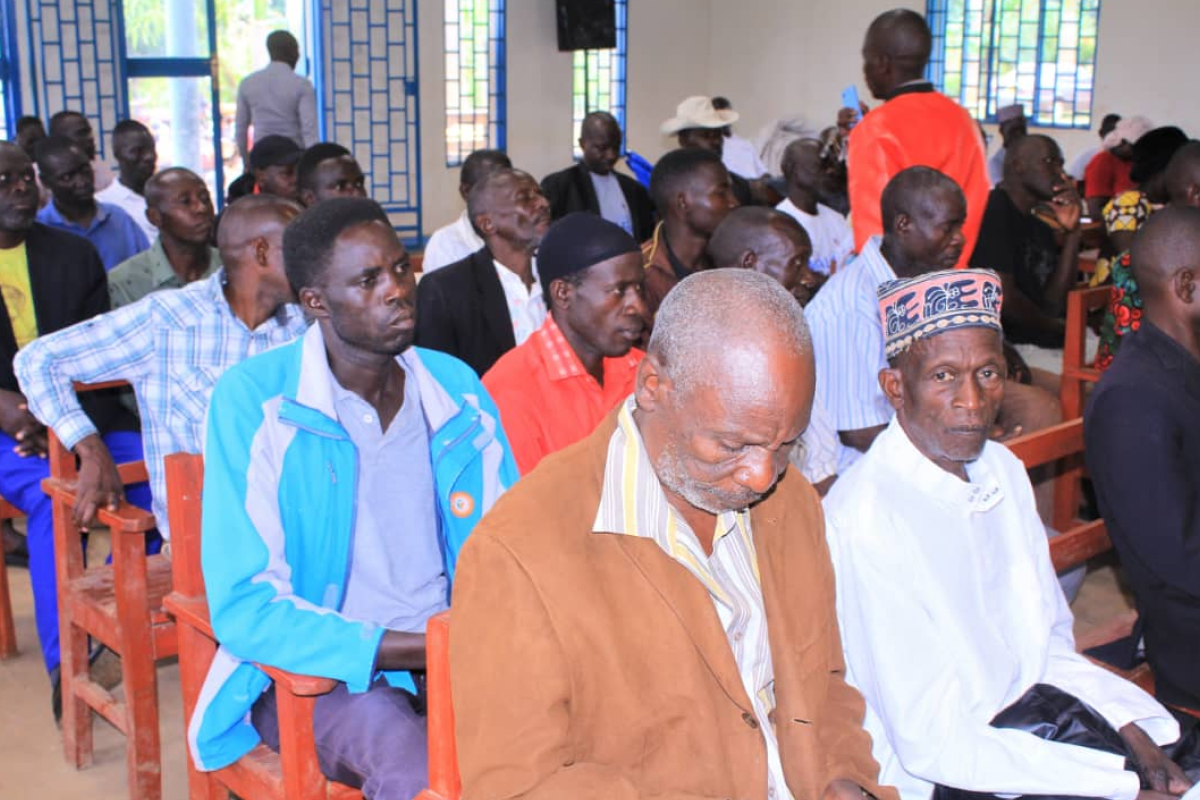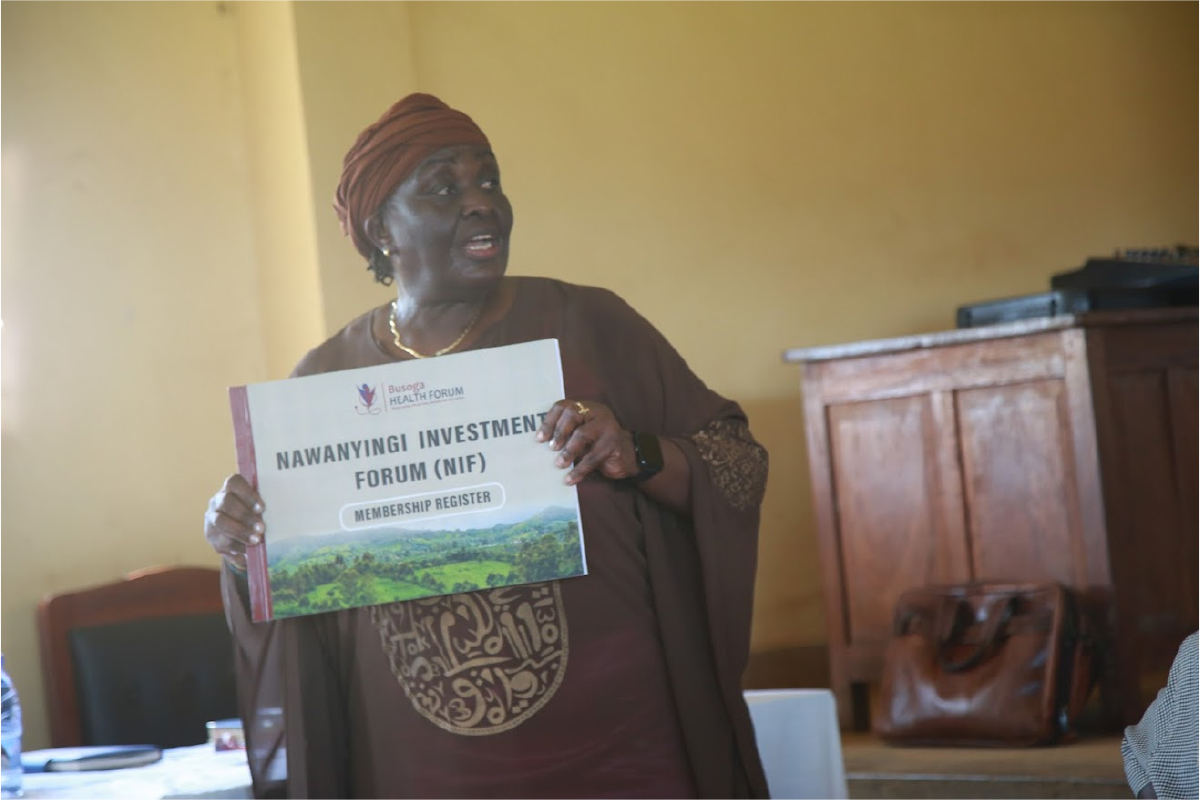Published By BHF | April 25, 2022

By Elizabeth Namara
Busoga Health Forum hosted a team of students from Ross School of Business, Michigan University in March 2022. The students were carrying out a baseline study on diabetes care in the Busoga region.
They visited Jinja regional referral hospital, Nalufenya children’s hospital, Iganga District hospital, health Center IVs, and Health center IIs in Jinja, Iganga, and Luuka districts. The students also visited pharmaceutical companies, National Medical Stores, and Joint Medical Stores. They were also able to visit leading physicians at Mulago National Hospital.
Their research themes focused on the perception of healthcare and diabetes, access and affordability, diabetes diagnostics as the resounding need, and the production and regulatory requirements for care.
With the perception of healthcare and diabetes, the Ross students realized that western medicine has negative cost associations. Health centers were found to be considered a final stop for treatment which is quite absurd. This has been influenced by the high belief in herbalism and herbal products by the community members as herbalists promise ‘quick relief’ as one of the interviewees confirmed.
In addition to herbalists, there is a lot of self-diagnosis. Diabetes patients go to health facilities when they are in severe stages all influenced by the previous treatment of wrong ailments.
A nurse at a health center IV noted that “most patients believe they have been bewitched,” a belief which makes them delay treatment.
Dr. Fredrick Nakwagala, a consultant physician at Mulago National Hospital noted that for every one patient receiving care, there are ten who have not been diagnosed.
The costs associated with diabetes are very high. Most patients do not have glucometers. Both test strips and glucometers are expensive. In one of the Iganga pharmacies, a glucometer costs 45,000 Uganda shillings whereas test strips were at 25,000 and On-Call tablets at 15,000 shillings respectively.
“Having diabetes is acknowledging that you have medical bills for the rest of your life, it is a disease where you need continual care,” Ms. Christine Dumervil, one of the Ross Students pointed out.
Transportation of patients is also a big challenge as they move long distances to get to the nearest health facility. This continues to influence the delay of treatment amongst diabetic patients.
The storage of insulin is also another challenge as most of the patients do not have access to refrigerators.
A health worker at Nalufenya Children’s hospital in charge of the diabetic clinic said that approximately 2 percent of the medicine given to the patients gets expired before it can be used.
The patients improvise with mathematical sets as a form of storage in their homes as guided by the health workers.
The lack of medical supplies in government hospitals cannot be ignored. One health worker at a health center IV pointed out that there are constant stockouts. They had ordered insulin nine months ago and are still waiting in March 2022.
This has left patients to prefer getting services from private facilities with quicker services, customer care, and detailed diagnosis. However, these services provided by private facilities are very expensive.
According to a 2019 World Health Organization Report, diabetes was the ninth leading cause of death with an estimated 1.5 million deaths directly caused by diabetes.
Simple lifestyle measures such as maintaining healthy body weight, physical exercises, a healthy diet, and avoiding smoking are effective in preventing and delaying type 2 diabetes.
The World Health Assembly, May 2021 Resolution on strengthening prevention and control of diabetes recommends action in areas including increasing access to insulin which is a major challenge.




